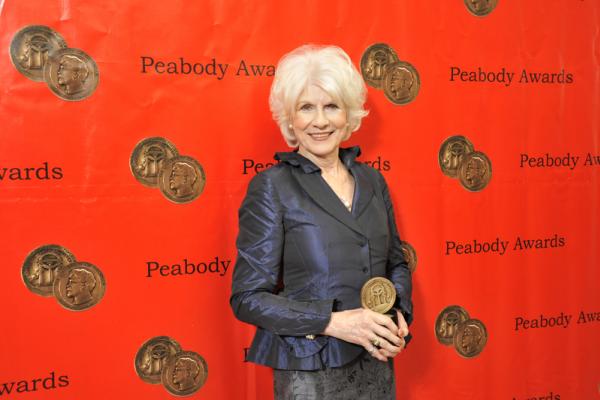Apr 29, 2016
Diane Rehm always assumed she would die first because her husband’s family had such longevity on its side.
But more than a decade after being diagnosed with Parkinson’s, Rehm’s husband, John, asked his doctor to help him die.
That plunged the host of the nationally syndicated radio talk show “The Diane Rehm Show” into an extended exploration of assisted dying that resulted in a 162-page memoir about her husband’s struggle, On My Own.
Read the Full Article

Already a subscriber? Login
